10 Reasons Students Can Benefit From A VPN
At times, students may need to access resources restricted by geo-restrictions.

At times, students may need to access resources restricted by geo-restrictions.
Using a VPN offers several key advantages for students, including preventing sensitive data and helping ensure safer online browsing.

[Updated October 2025] contributed by Justin Marquis, Ph.D In ‘Only Disconnect,’ Andrew Reiner, writing for The Chronicle of Higher Education, lamented the state of American youth, particularly their preoccupation with social media. By the end of his article, Reiner advocated for social media Sabbaths, in which students would disconnect from their networks to more deeply engage…
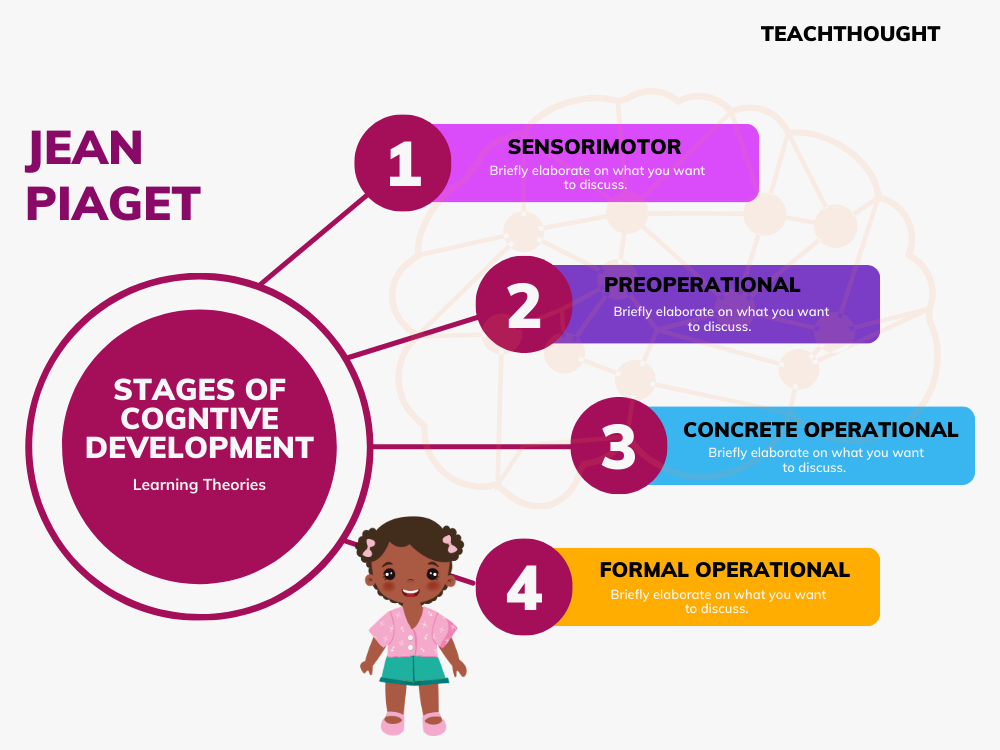
Piaget’s stages of cognitive development include the sensorimotor, preoperational, concrete operational, and formal operational stage.
3 major brain elements help control what information your brain takes in: the reticular activating system, limbic system, and dopamine.
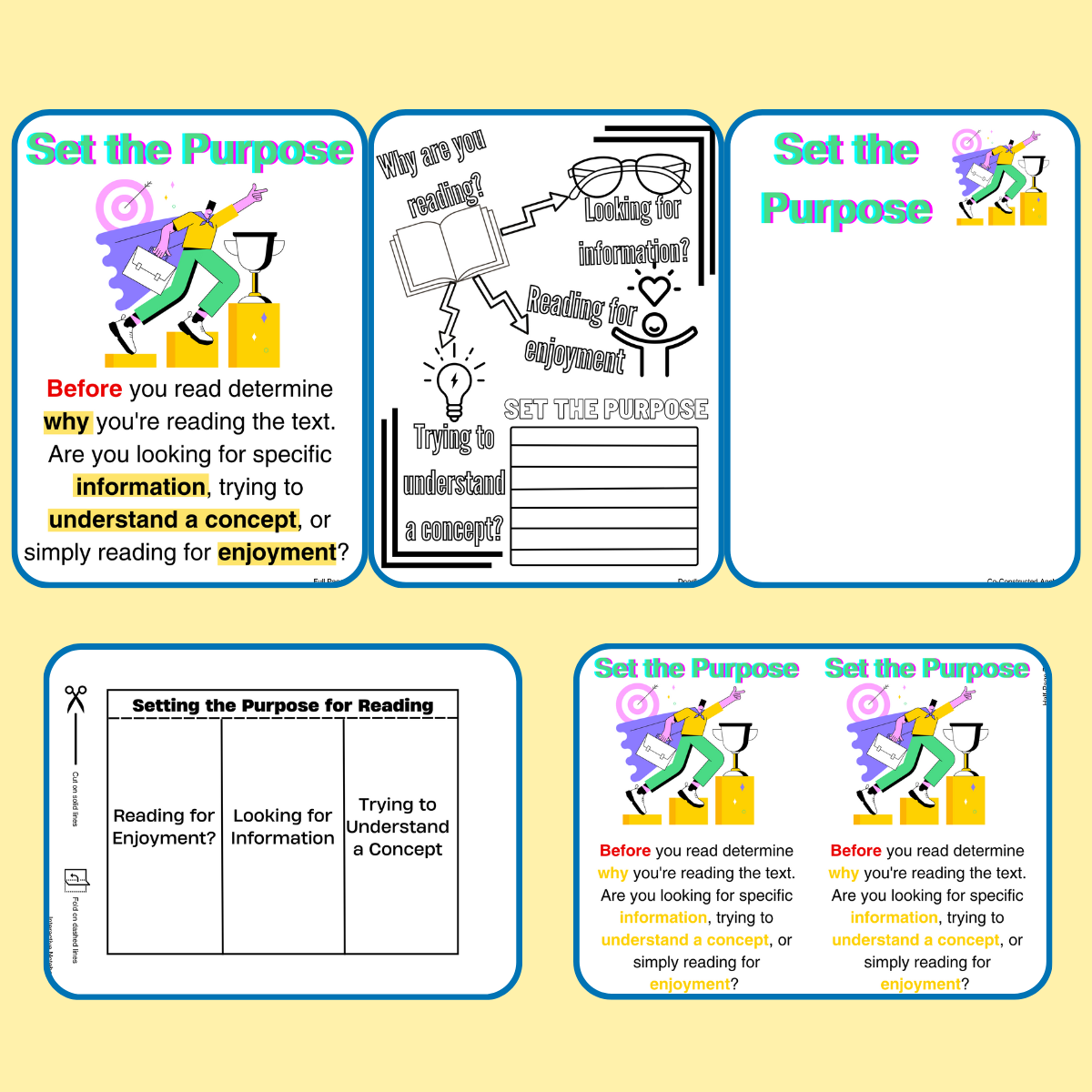
Setting the purpose for reading is crucial as it provides focus and direction, guiding readers to engage actively with the text.
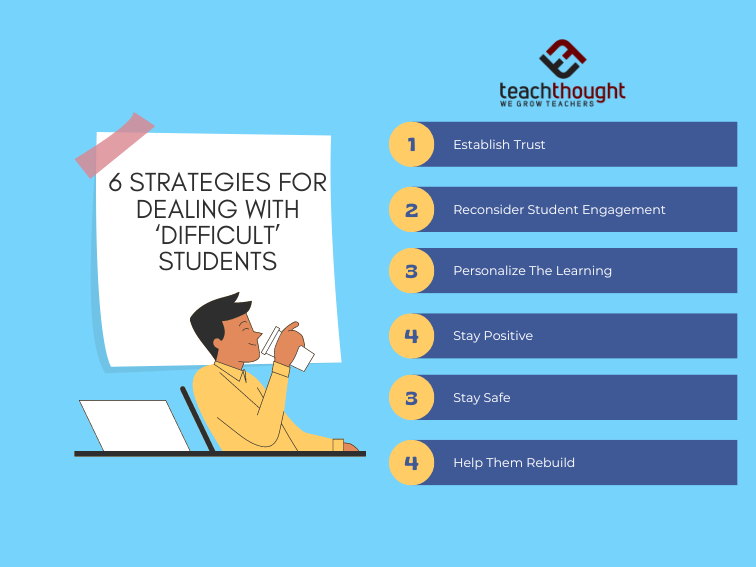
From building trust and relationships to cultivating responsibility, here are 6 strategies for working with your most ‘difficult’ students.
Where is the innovation in education coming from? What are its current levels of innovation? What might possibly disrupt it in the future?
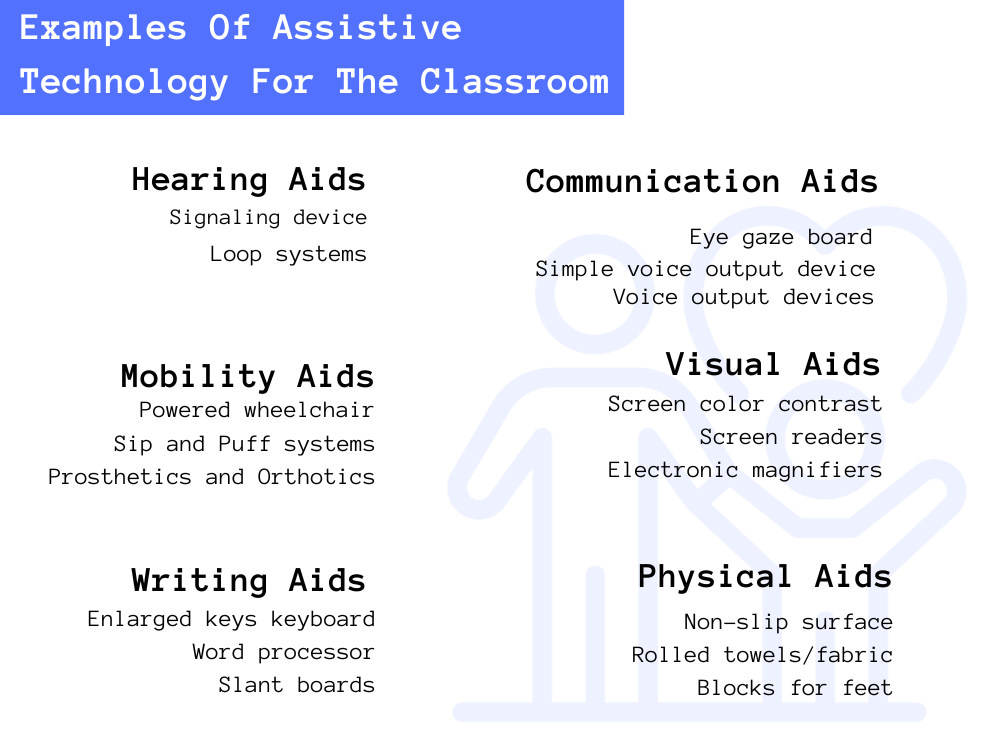
Examples of assistive technology for the classroom include sip and puff systems, enlarged keys keyboard, and signaling devices.
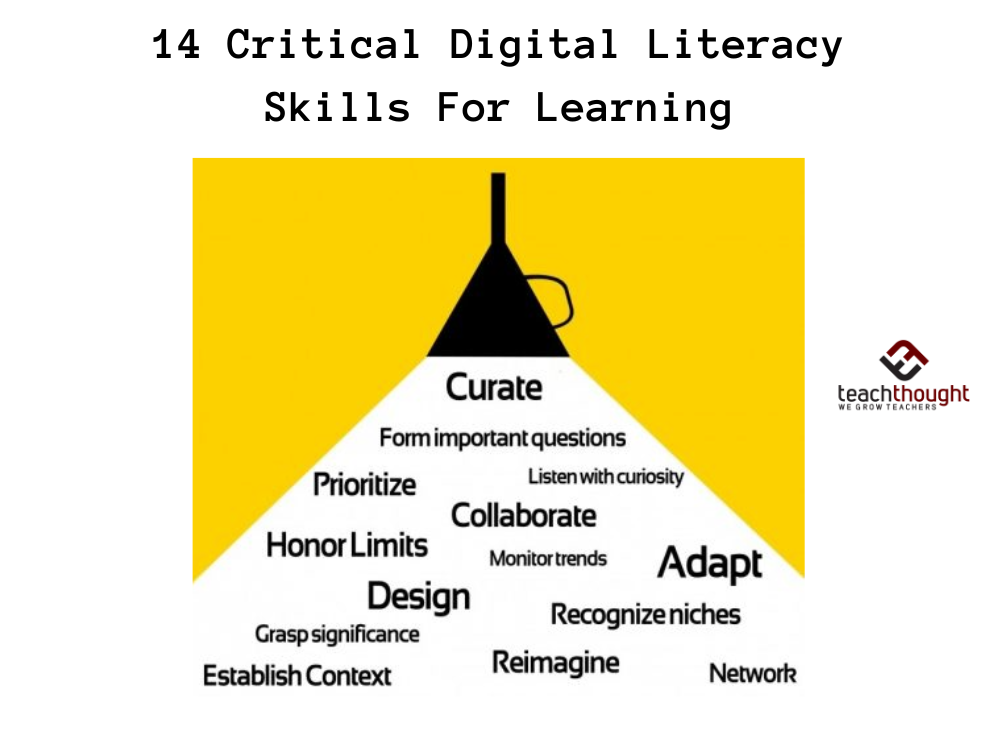
The term ‘gamification’ first gained widespread usage in 2010 referring to incorporation of social/reward aspects of games into software.
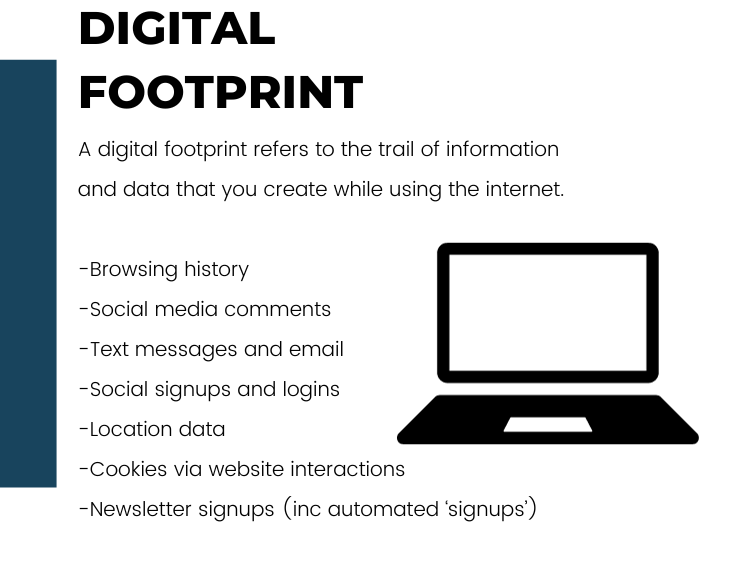
Today, any definition of digital prints should include advanced algorithms, big data, location data, and new global privacy laws.
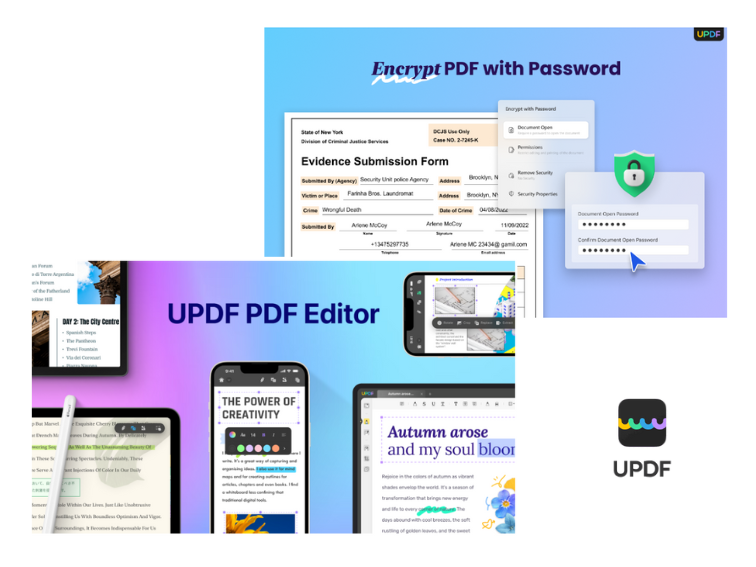
The wide range of tool palettes in UPDF helps teachers highlight and annotate. Users can also remotely grade assignments and leave comments.